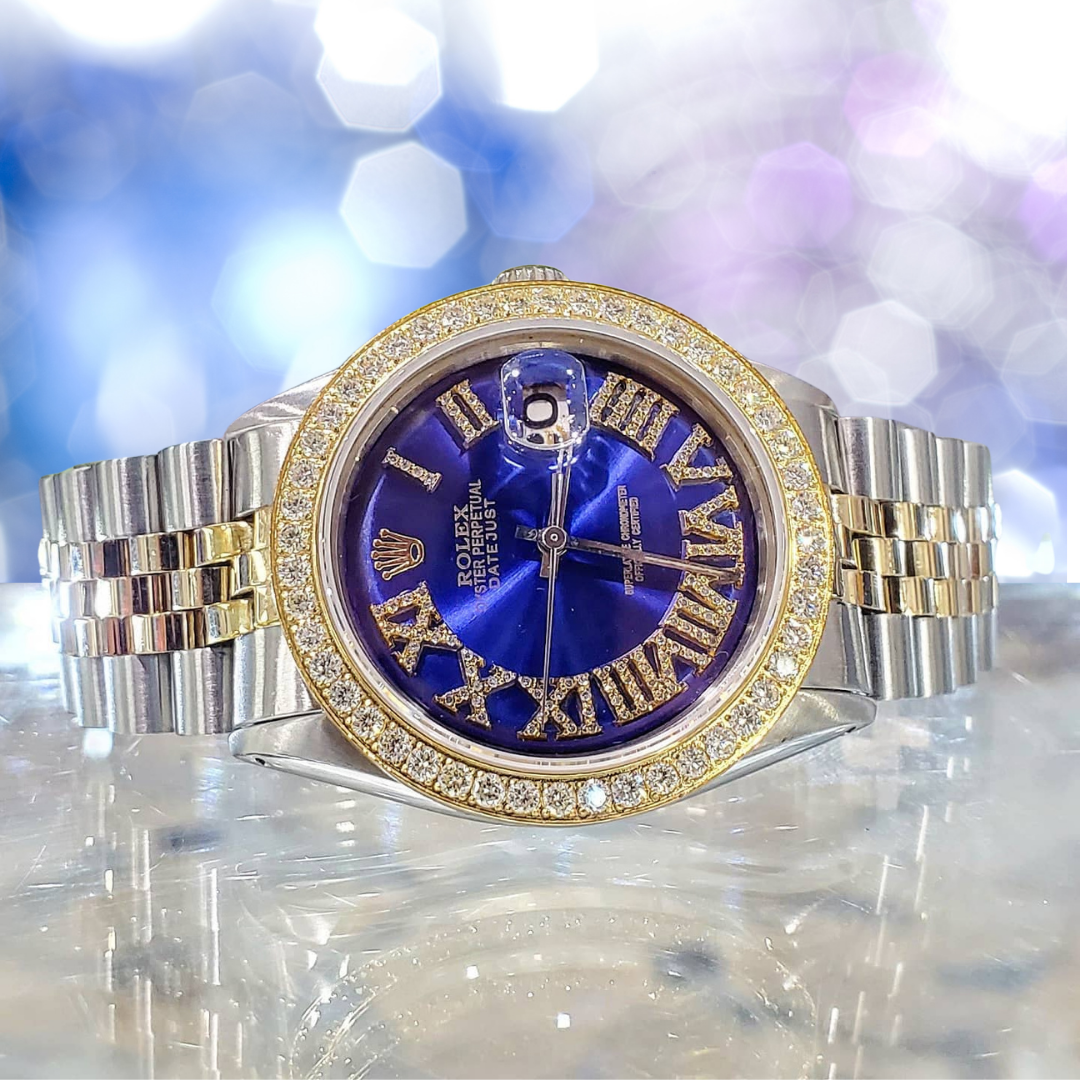Back in 2011, if you were given the choice of a 50-gram bar of gold, a $5,000 index fund invested in the Dow Jones Industrial Average, or a Rolex Submariner, which would you pick to be the best investment?
If you chose the Submariner, you’d have come out ahead, according to new data from Bob’s Watches, the leading reseller of Rolex watches.
For the past decade, Bob’s has been buying and selling thousands of watches using a consistent pricing strategy that has given the company unique insights into the real market value of every Rolex model.
“We are the only company that can go back and grab ten years of data,” CEO Paul Altieri told Insider.
Rolex reportedly makes about 800,000 units each year, but the popularity of the brand means demand vastly exceeds the supply of new timepieces, leading to a robust secondary market for pre-owned watches.
And global demand is picking up.
“Rolexes have been a good investment over the years, but not like the last five,” Altieri said.
Indeed, the sales numbers for Rolex on average shows an uptick beginning in 2017, followed by an even sharper bump up in 2020. Now the average Rolex price is more than $13,000 — nearly three times the 2011 average of $5,000.
While the price roughly tracked the performance of the Dow Jones Industrial Average, Rolex pulled ahead in the past year. Other investments like gold and real estate (as tracked by average home price) were nowhere close.
But even at these elevated prices, Altieri still maintains that Rolex is a “relatively affordable luxury,” especially when compared to other Swiss brands like Audemars Piguet and Patek Philippe, which routinely go for well north of $30,000.
The closest Rolex offering to that echelon is the Cosmograph Daytona, which is now worth more than $31,000 on average in the secondary market, even though it sells at retail for roughly a third of that price.
“Before you leave the store it’s worth double or triple what you paid,” Altieri said.
And that’s if you can even find an authorized dealer who will sell it to you.
“People have waited a year or two for their name to come up on the buyers list — they’re not going to flip it,” Altieri said.
In terms of sheer volume, the classic steel Submariner is far and away Rolex’s most popular line, and its price performance has largely tracked with the overall brand average.
Still, the frenzy over the brand has also given a lift to what might be considered entry-level models, such as the Date and Datejust, which for the first time are worth more than their retail price on the secondary market.
Although past results are never a guarantee of future performance, it’s reasonable to expect that these price trends could continue, given the constrained supply of new product entering the market.
The current total value of the pre-owned luxury watch market is estimated to be worth $20 billion, according to a report from McKinsey, and is expected to top $29 billion by 2025.
Altieri said that while stock market index funds will likely continue to be the prudent, safe choice for investing, they’re not all that interesting to own.
“Most people have never even seen a share of stock, much less held one,” Altieri said.
A watch, he points out, is at least something you can touch every day.



